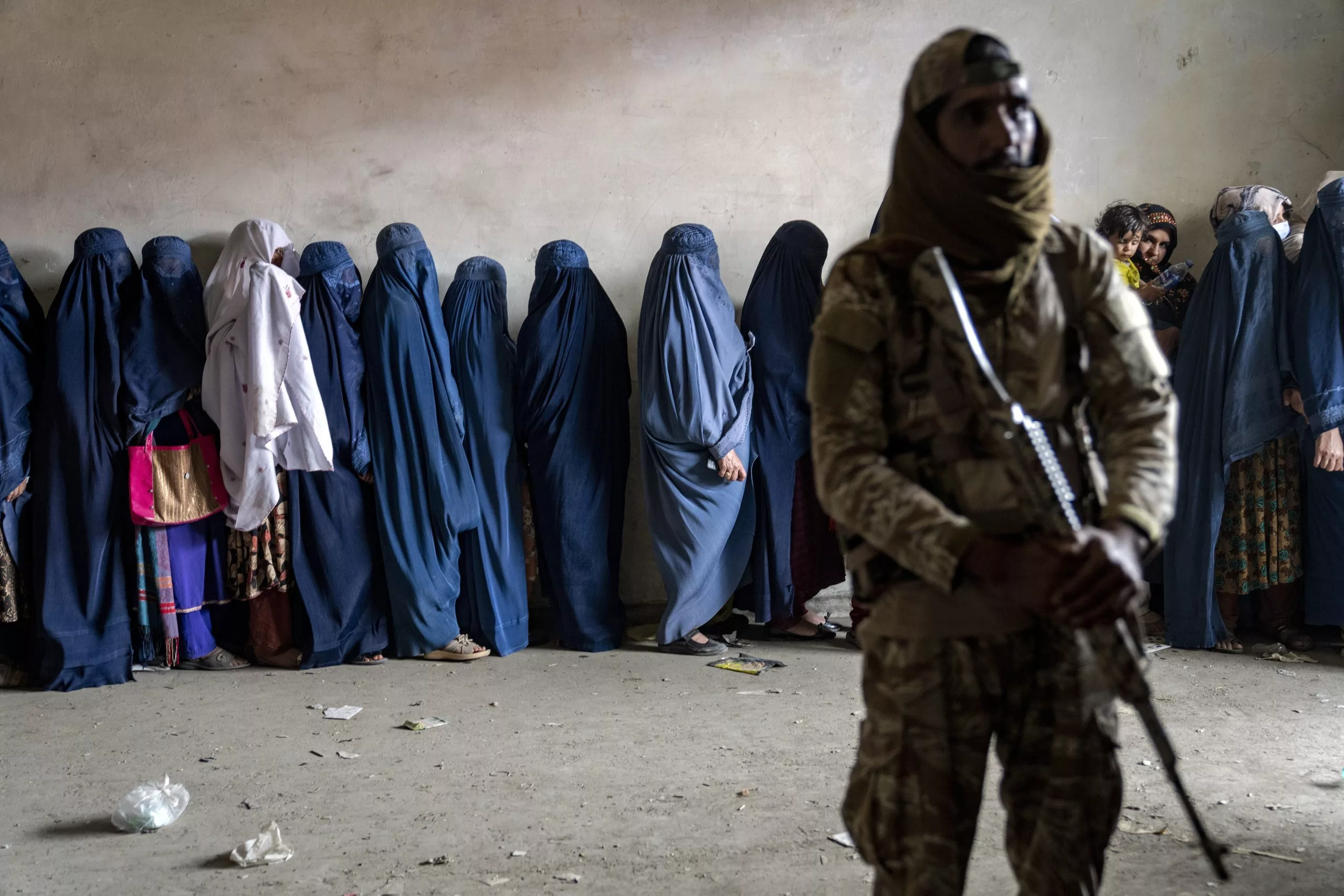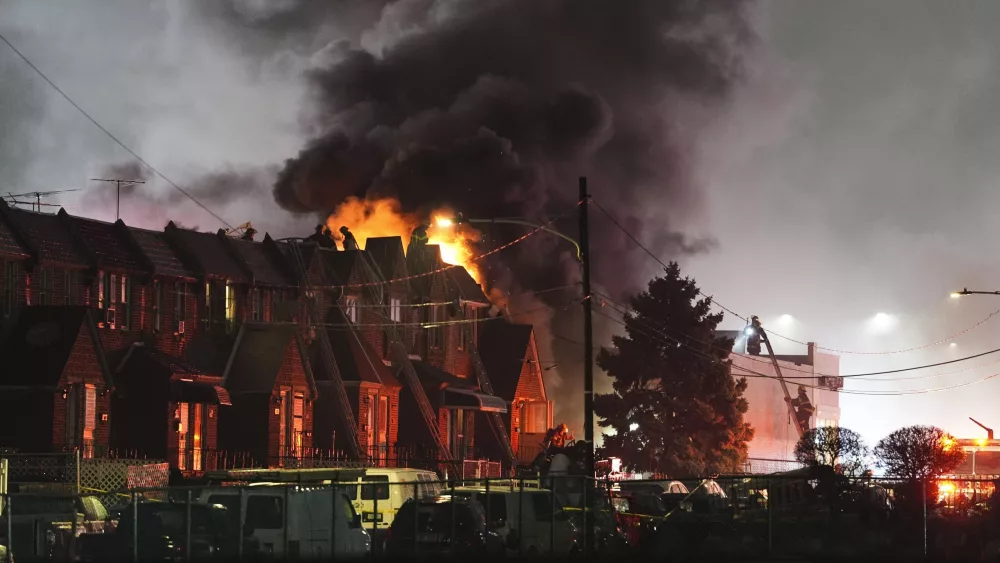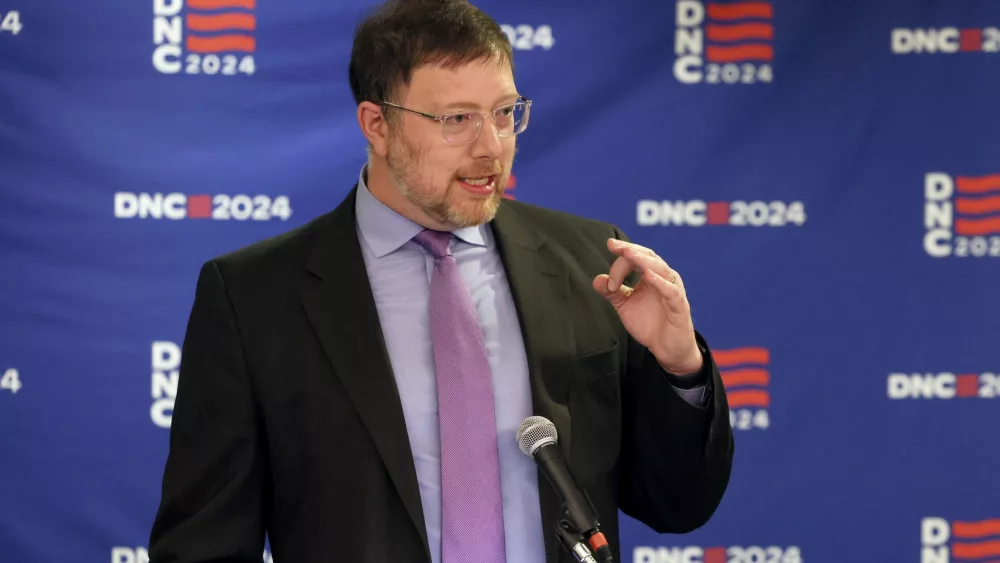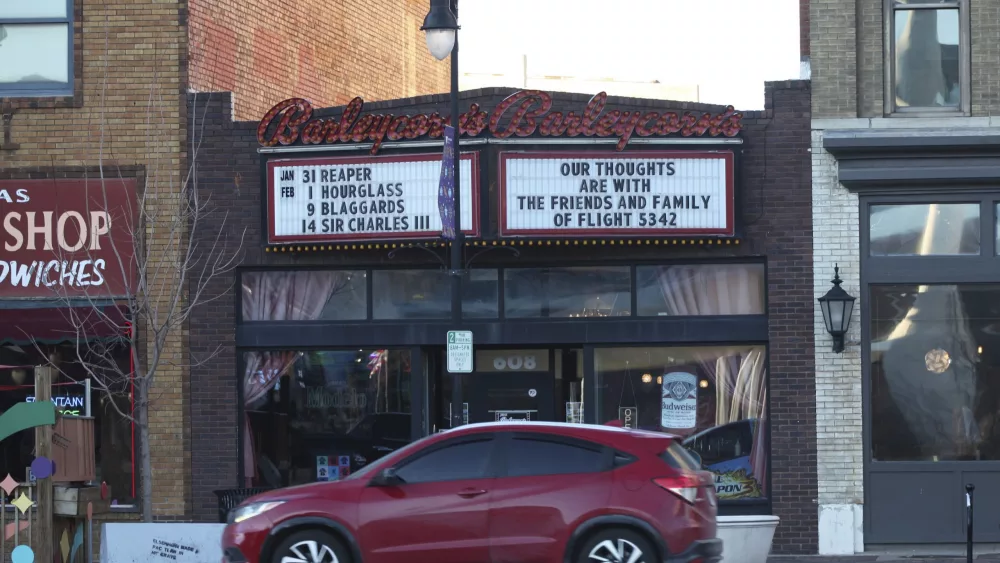The watchdog for U.S. assistance to Afghanistan said the Taliban have no legal right to billions of dollars in funding set aside for the country because they are not recognized as its government and are under sanctions.
In its latest report issued Friday, the Special Inspector General for Afghanistan Reconstruction also said President Donald Trump’s administration and Congress may want to examine returning nearly $4 billion earmarked for Afghanistan to the “custody and control” of the U.S. government.
In 2022, the U.S. transferred $3.5 billion in Afghan central bank assets previously frozen in America to the Swiss-based Fund for the Afghan People. The fund has grown to nearly $4 billion since then, according to the inspector general.
Although no payments benefitting Afghans have been made, the fund is aimed at protecting and stabilizing the economy on their behalf.
“The Taliban want these funds even though they have no legal right to them since they are not recognized by the United States as the government of Afghanistan, are on the U.S. Specially Designated Global Terrorist list, and are under U.S. and U.N. sanctions,” the report said.
The report follows Trump’s decision to freeze foreign aid for 90 days pending reviews to determine whether they align with his policy goals.
According to the report, the U.S. has spent nearly $3.71 billion in Afghanistan since withdrawing from the country in 2021. Most of that has gone to U.N. agencies.
Another $1.2 billion remains available in the pipeline for possible disbursement, the report said.
U.S. humanitarian assistance may have “staved off famine” in the face of economic collapse, but it has not dissuaded the Taliban from taking Americans hostage, dismantling the rights of women and girls, censoring the media, allowing the country to become a “terrorist safe haven,” and targeting former Afghan government officials, added the watchdog.
The U.S. remains the largest donor to Afghanistan, but the report said a lot of the money is taxed or diverted.
“The further the cash gets away from the source, the less transparency there is,” Chris Borgeson, the deputy inspector general for audits and inspections at the watchdog, told The Associated Press last August.
Brought to you by www.srnnews.com








